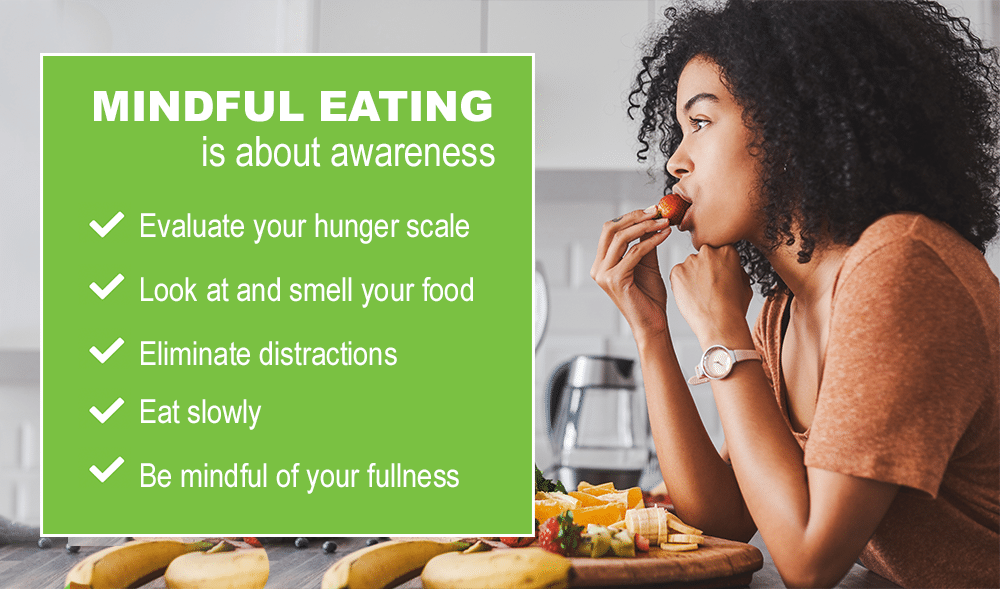When it comes to losing weight, there are many fad diets and quick fixes that promise fast results. However, these approaches often lead to yo-yo dieting and can be harmful to your overall health. Instead, adopting a mindful eating approach can help you achieve sustainable weight loss that lasts a lifetime. Mindful eating is about being present and aware of your eating habits, making conscious food choices, and listening to your body’s hunger and fullness cues. Here are some tips to help you practice mindful eating for sustainable weight loss:
1. Slow Down and savor Each Bite
One of the key principles of mindful eating is to slow down and savor each bite of your food. This means taking the time to chew your food thoroughly, paying attention to the flavors and textures, and enjoying the process of eating. By slowing down, you give your body a chance to recognize when you’re full, preventing overeating and promoting digestion.
2. Eat without Distractions
Many of us are guilty of eating in front of the TV, scrolling through our phones, or working through lunch. When you eat without distractions, you are more tuned in to your body’s hunger and fullness cues, making it easier to stop eating when you’re satisfied. Turn off the TV, put away your phone, and focus on the food in front of you to fully enjoy your meals.
3. Listen to Your Body
Instead of following strict meal plans or calorie-counting, listen to your body’s hunger and fullness cues. Eat when you’re hungry and stop when you’re satisfied, even if there is food left on your plate. Trust your body to tell you when it needs nourishment and when it’s had enough.
4. Practice Mindful portion Control
Portion control is an important aspect of mindful eating. Pay attention to portion sizes and try using smaller plates to help control your portions. Avoid eating straight from the container or bag, as this can lead to mindless overeating. Choose nutrient-dense foods that will keep you satisfied without needing large quantities.
5. Be Mindful of Emotional Eating
Many of us turn to food for comfort or to cope with stress, boredom, or other emotions. Mindful eating involves being aware of these triggers and finding alternate ways to deal with them. Practice self-care, engage in activities you enjoy, and talk to a friend or therapist when you’re feeling overwhelmed instead of turning to food.
6. Practice Gratitude
Take a moment before each meal to express gratitude for the food in front of you. Appreciate where it came from, the people who prepared it, and the nourishment it provides. Cultivating a sense of gratitude can help you savor your meals and approach eating with a positive mindset.
7. Stay Hydrated
Dehydration can often be mistaken for hunger, leading to unnecessary snacking. Stay hydrated throughout the day by drinking water and herbal teas to help curb cravings and keep your body functioning optimally. Aim to drink at least 8-10 glasses of water daily.
8. Practice Mindful Eating at Every Meal
Mindful eating is a practice that can be applied to every meal and snack throughout the day. Take the time to sit down, savor your food, and be present in the moment. By incorporating mindful eating into your daily routine, you can build healthier eating habits and achieve sustainable weight loss.
By following these mindful eating tips, you can achieve sustainable weight loss and develop a healthier relationship with food. Remember that it’s not about perfection but progress, so be patient with yourself and celebrate small victories along the way. With mindfulness and self-awareness, you can achieve your weight loss goals and live a happier, healthier life.
